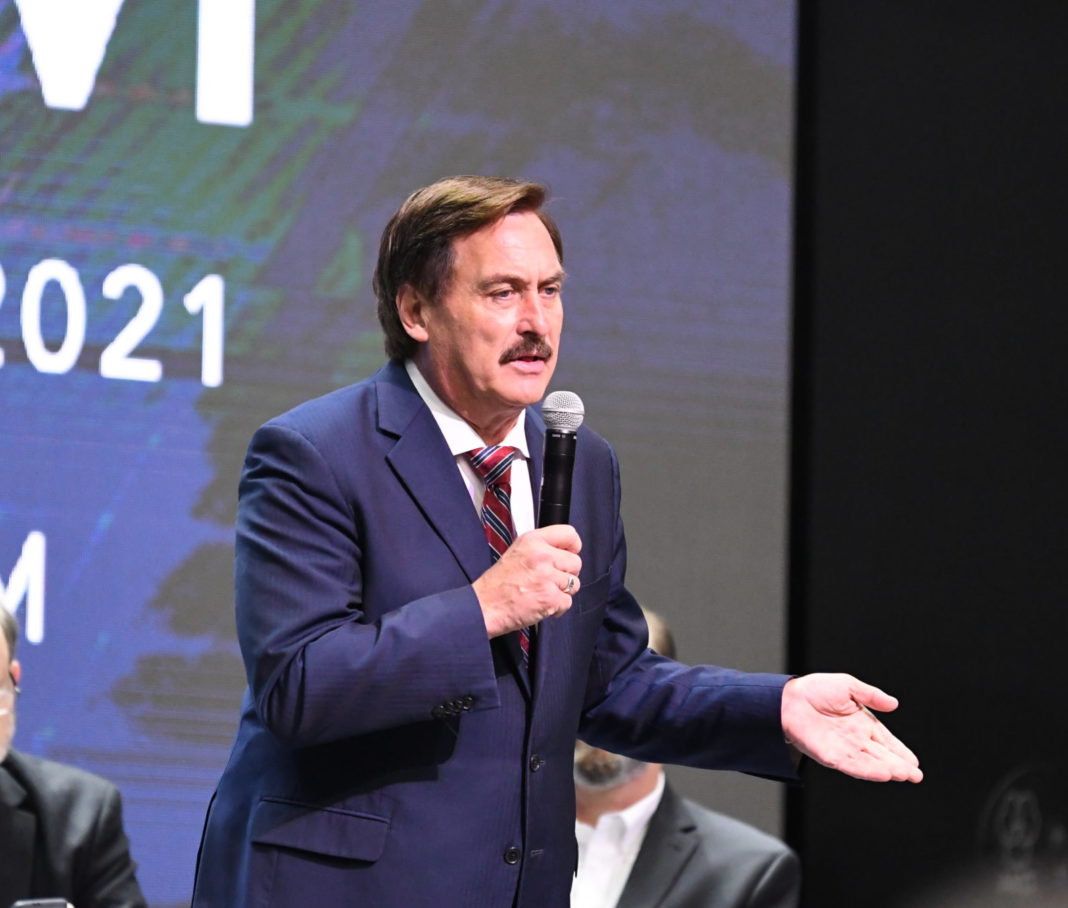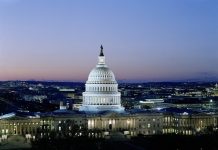Last week, Operation Rescue reported on Mike Lindell’s Cyber Symposium that was convened to show evidence that the 2020 Presidential Election was hacked and who was involved. We received some inquiries about why the Packet Captures (PCAPS) were not presented as promised. We published the explanation given at the Symposium by Col. Phil Waldron, but that information was vague out of necessity.
An important Cyber Symposium participant, Dr. Douglas Frank, took to Telegraph over the past few days and wrote more about the drama that rocked the event behind the scenes and sometimes in full view of the public.
Dr. Frank is a physicist and mathematician from Ohio who discovered the algorithm used by apparent election hackers based on the 2010 U.S. Census. [Learn more about Dr. Frank’s discovery by watching the video “Scientific Proof.”]
Below is several of Dr. Frank’s posts on Telegram that clarify events and answer questions about the PCAPS. Information is copied verbatim as it was written and screen captures of his posts have been included along with links to each post for validation purposes.
Dr. Frank can be found and followed on Telegram at https://t.me/FollowTheData.




_____
It is now obvious that there were attacks and attempts to set up the Cyber Symposium participants. Mike Lindell named names during a broadcast on his social media platform, Frankspeech.com.
The point of sharing this information is to, first, keep everyone informed, and secondly, to emphasize that those who are attempting to expose important evidence that our 2020 Presidential Election was compromised to the extent that it affected the outcome of the election are facing attacks, both personal and legal.
“This is not a game. There are people — even apparently in our own government — who will stop at nothing to ensure our elections remain vulnerable to fraud so they can keep their Communist, pro-abortion faction in power permanently. We must stand against this effort at every turn. The fate of our nation, our freedoms, and our people – including the unborn – depend on whether we can identify what happened in 2020 and successfully secure our election process before the next election cycle,” said Operation Rescue President Troy Newman. “If we don’t have free and fair elections, we cannot hope to ever end abortion in our nation or live as free people again.”
Below are suggestions for what you can do to ensure our elections are secure and accurate.
- Get a Telegram account and click this link to see a list of chat rooms that have been set up for almost every state These chat rooms help network people to work toward the goal of initiating cyber forensic audits in all 50 states. Join the one for your state to learn how to get involved.
- Contact your State Senators and House or Assembly members and ask for a cyber-forensic audit of the November 3, 2020, election results in your state. Every state should conduct such an audit to determine the full extent of election corruption in our nation – if any – so we can restore confidence in our election processes.
- Insist that your Secretary of State purge the state voter rolls to remove deceased or ineligible voters.
- Sign up to be a poll worker or watcher in the next election.
- Consider running for public office.
- Contact your State and County officials to encourage them to make election integrity their highest priority. Be sure to mention ways to improve the election process. Here is a list of things that can be done to ensure our elections are trustworthy:
- Insist that only serially numbered paper ballots are used in voting because anything that is electronic can be hacked.
- Stop the use of electronic poll books (iPads) and return to printed books only.
- Limit or end advance voting.
- Stop the unsolicited distribution of ballots by mail and put specific limits on who can vote by absentee ballot.
- Verify signatures on all absentee ballots, and demand Voter ID at the polls.
- Ban the use of unattended ballot drop boxes.
- Outlaw ballot harvesting.
Read Operation Rescue’s previous reports on Mike Lindell’s Cyber Symposium.


















